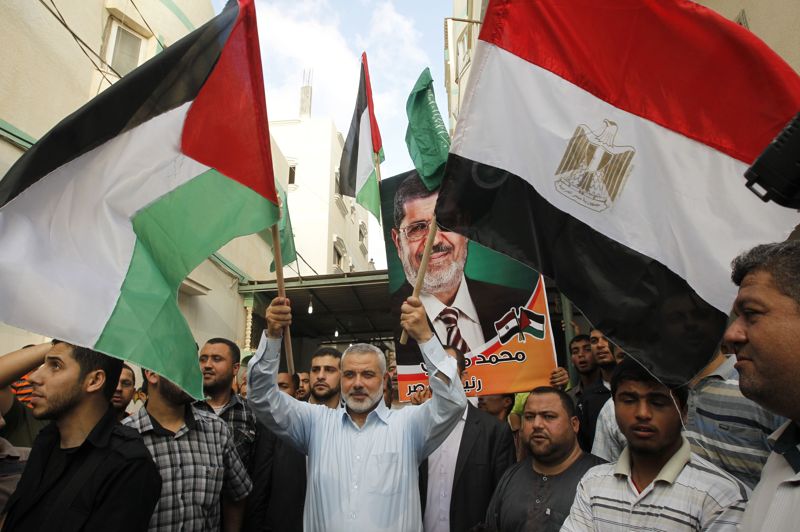Foreign journalists working in Egypt are subject to violations under the umbrella of “being a threat to national security”, which state authorities use to justify breaching laws designed to protect journalists and their work, according to the local non-governmental organization (NGO) Journalists Against Torture Observatory (JATO).
“Embassies have warned Egyptian authorities against abusing the rights of foreign journalists, but the latter insist on using force with anybody carrying a camera and trying to objectively portray the truth,” the NGO stated.
In a report issued Monday, JATO traced cases of foreign reporters chased by authorities, arrested, or forced to leave the country. One recent case occurred in May, when Egyptian authorities deported French journalist Rémy Pigaglio on claims that he was unregistered, according to regulations organising the work of foreign correspondents.
The journalist saw an abrupt measure taken against him when authorities denied him entry into the country as he returned from his vacation. However, Pigaglio was working in Egypt for two years and was able to prove his press accreditation.
According to JATO, foreign journalists lose their licences if they received court sentences in local crimes, provided false information during registration, misused their permits for other benefits, and in “cases which jeopardise the country’s socio-economic interests, or national security”.
Meanwhile, the NGO referred to the legislations governing the relationship between the Egyptian state and foreign workers, such as Labour Law 12/2003. Article 28 of the law stipulates that foreign citizens must obtain work permits to practise their jobs, as well as entry visas and residences, which clearly state the purpose of their stay.
Yet, JATO traced several cases where it claims foreign journalists’ rights were violated. It mentioned foreign correspondents like Dutch reporter Rena Netjes, who left in 2014 after being referred to a criminal court on charges relating to the spreading of false news in the case publicly known as “the Marriot cell”, which involved Al-Jazeera journalists Peter Greste, Mohamed Fahmy, and Baher Mohamed.
There was also the case of Spanish correspondent Ricard Gonzalez who fled the country in June 2015 on “advice that local authorities were preparing to arrest him”.
Moreover, BBC’s Orla Guerin has been temporarily detained by police while on the job more than once. This has increasingly occurred during protest coverage. JATO reported at least 25 assaults on journalists during the commemoration of the 25 January Revolution in 2015, including Guerin and Dutch reporter Ester Meerman, who were intercepted by police.
The recent ‘Red Sea islands’ protests of 25 April also witnessed several brief detentions of foreign journalists.
“While Egyptian journalists struggle while on the job from constant targeting by authorities, foreign journalists really face a difficult situation, being pursued by security on one hand, suspected by residents on the other hand, accused of espionage that lead to their detention or deportation, or making the Egyptian state a symbol of oppression to whomever lands in its airport, in the land of fear” JATO stated.





